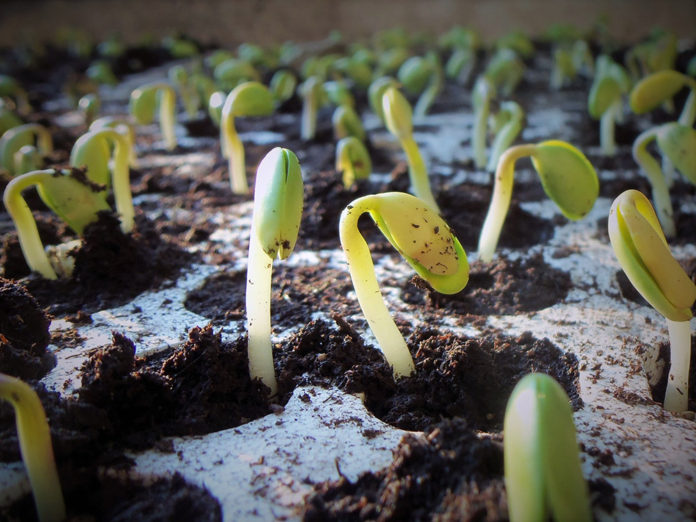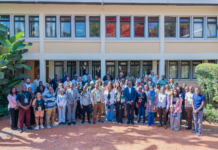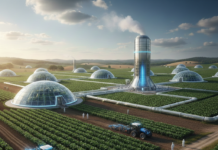The Supporters of Agricultural Research (SoAR) Foundation has received a grant from the Bill & Melinda Gates Foundation, to launch a global advocacy campaign that aims to prioritize donor resources around evidence-based solutions to help smallholder farmers adapt to a changing climate.
The campaign, which will support the work of scientists and research institutions in these countries, marks the first major international policy initiative of the SoAR Foundation and will be conducted in partnership with the London-based climate specialists at E3G.
“Agricultural productivity is the engine that drives smallholder farmers out of poverty and low-income countries into the middle class, but climate change threatens to derail years of progress that has helped these farmers feed their families and communities,” said Margaret Zeigler, Interim President of the SoAR Foundation. “Climate change has already started to lower crop yields and livestock production and is driving many farmers out of the business of agriculture. Research that improves the productivity and quality of food is urgently needed.”
Around the world, climate change is projected to raise global temperatures, exacerbate extreme weather, and reduce agricultural productivity by as much as 30 percent. According to a 2021 report from the International Food Policy Research institute (IFPRI), climate change could slow progress toward ending hunger and may drive an additional 78 million into chronic hunger by 2050. An increased investment in agricultural research and development, however, can reverse this decline.
“Any farmer, anywhere in the world, can tell you that the climate is changing, and it is changing more rapidly than we thought it would,” said Dr. Jane Silverthorne, SoAR Senior Scientific Advisor. “Many of our food systems today lack the resilience needed to withstand a changing climate. New research outcomes will be essential to produce novel, accessible and affordable tools and technologies, especially for small-scale, low-income farmers. Many of these research outcomes are within our reach and can be achieved together in the next decade.”
In its new campaign, SoAR will promote the work of researchers and institutions across the Global South—and especially those in Sub Saharan Africa—working to improve the agriculture and food production systems, the livelihoods of smallholder farmers that drive these systems, and their local and regional economies. The work of the CGIAR system—a consortium of international agricultural research centers—is central to this mission. A report commissioned by SoAR and released in 2020 found that investments in CGIAR research has generated a benefit-cost ratio of 10 to 1 over the past five decades.
Since its inception in 2014, SoAR has worked to raise the profile of public agricultural research, particularly the U.S. Department of Agriculture’s flagship competitive grants program, the Agriculture and Food Research Initiative (AFRI). Through SoAR and its partners’ advocacy, the program has received an additional half billion dollars over the past six years to invest in public research. SoAR looks forward to building upon its strong track record with this new campaign and shining a light on how science can solve many of the challenges facing the global agri-food system today.








I’ve been working in pure Agric Research and then donor funded development assistance in Africa for over 50 years (yes since the 70s when I graduated). I’ve been through a number of momumental changes such as witnessing a situation where there was Agriculture and a seperate Ministry for African Agriculture. One thing that keeps becoming apparent is that there are hundred of cabinets and even box-room full of unpublished research going back decades. It often strikes me that a very good exercise would be a detailed review of existing papers, former research outlines and Annual Reports. Back in the mid 60s Central Africa (Malawi, Mozambique, Zambia and Zimbabwe) experienced a series of droughts that triggered drought resistant research and detailed evaluation of the sustainability practices of local farmers. This information must contains some useful observations worth re-examining.
Comments are closed.